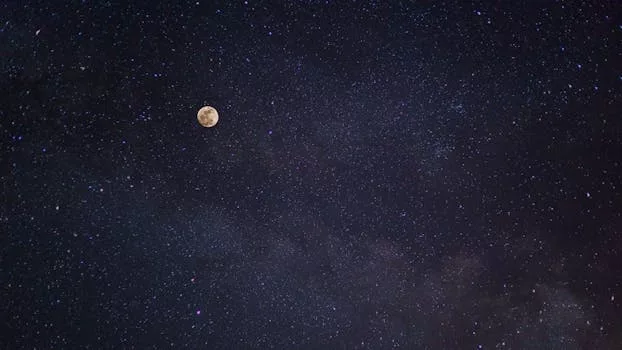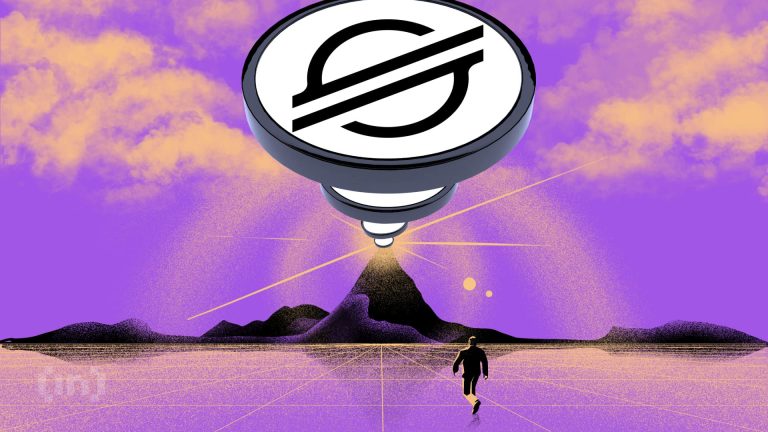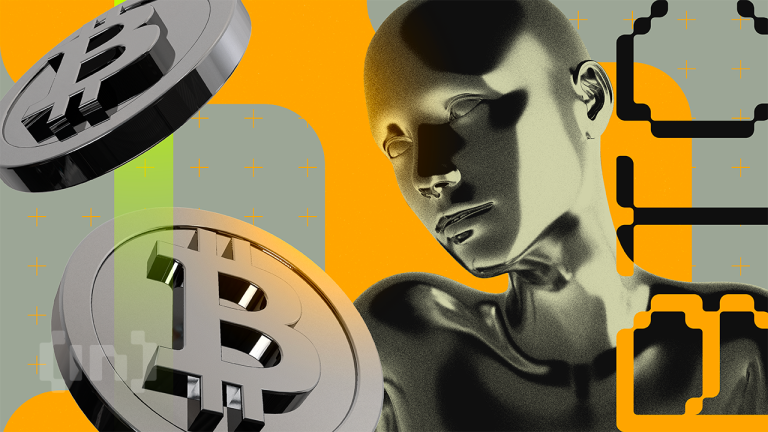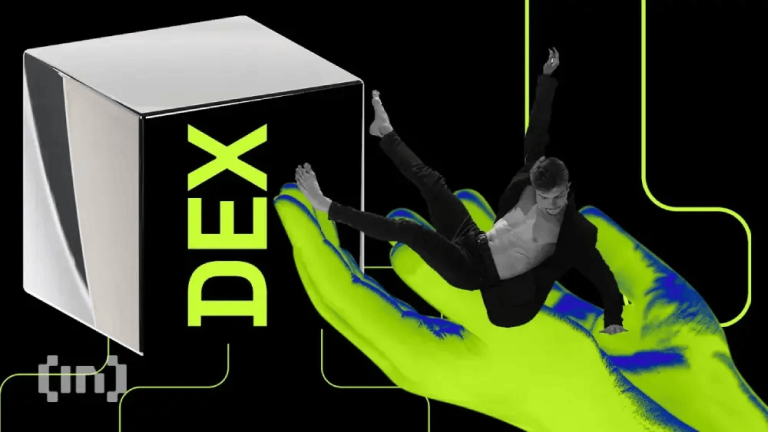
“
The Infinite Universe of Imagination: Beyond Celestial Boundaries
Introduction to the Infinite Universe
The infinite universe of imagination is a realm where creativity knows no bounds and the cosmos is full of endless possibilities. The concept of an infinite universe has been debated by scientists, philosophers, and thinkers for centuries, with some arguing that the universe is finite and others proposing that it is infinite. In this article, we will delve into the idea of an infinite universe and explore its implications on our understanding of the cosmos and our place within it.
The Concept of Infinity
Infinity is a complex and abstract concept that has been studied and debated by mathematicians, philosophers, and scientists for centuries. The concept of infinity can be understood in different ways, including potential infinity, actual infinity, and infinite sets. Potential infinity refers to a process that can be repeated indefinitely, while actual infinity refers to a complete and existing infinity. Infinite sets, on the other hand, refer to a collection of elements that has no end or limit.
The Infinite Universe Hypothesis
The infinite universe hypothesis proposes that the universe is infinite in size and has no bounds or edges. This idea is supported by some scientific observations and theories, such as the cosmic microwave background radiation and the concept of eternal inflation. The cosmic microwave background radiation is thought to be a remnant of the early universe, and its uniformity and tiny fluctuations suggest that the universe is much larger than what we can observe. Eternal inflation, on the other hand, proposes that our universe is just one of many bubbles in a vast multidimensional space, with each bubble representing a separate universe. For a deeper understanding, check out Soaring Through the Cosmos.
Implications of an Infinite Universe
If the universe is indeed infinite, it would have significant implications for our understanding of the cosmos and our place within it. An infinite universe would mean that there are an infinite number of stars, galaxies, and planets, each with its own unique characteristics and properties. It would also mean that the universe has no center or edge, and that every point in the universe is equally distant from every other point. This would challenge our traditional understanding of space and time, and would require a new perspective on the nature of reality. For more on this topic, read Beyond Stars: Where Imagination Takes Flight.
Conclusion and Takeaways
In conclusion, the infinite universe of imagination is a realm where creativity knows no bounds and the cosmos is full of endless possibilities. The concept of an infinite universe is complex and abstract, and its implications are far-reaching and profound. As we continue to explore and understand the universe, we may uncover new and exciting discoveries that challenge our current understanding of the cosmos and our place within it. Some key takeaways from this article include:
- The concept of an infinite universe is complex and abstract, and its implications are far-reaching and profound.
- The infinite universe hypothesis proposes that the universe is infinite in size and has no bounds or edges.
- An infinite universe would mean that there are an infinite number of stars, galaxies, and planets, each with its own unique characteristics and properties.
- The concept of an infinite universe challenges our traditional understanding of space and time, and requires a new perspective on the nature of reality.





